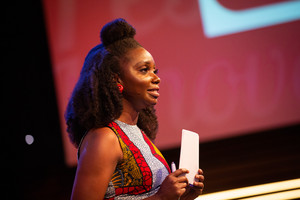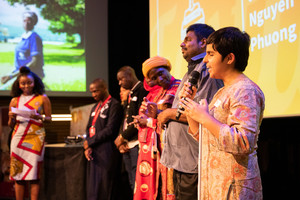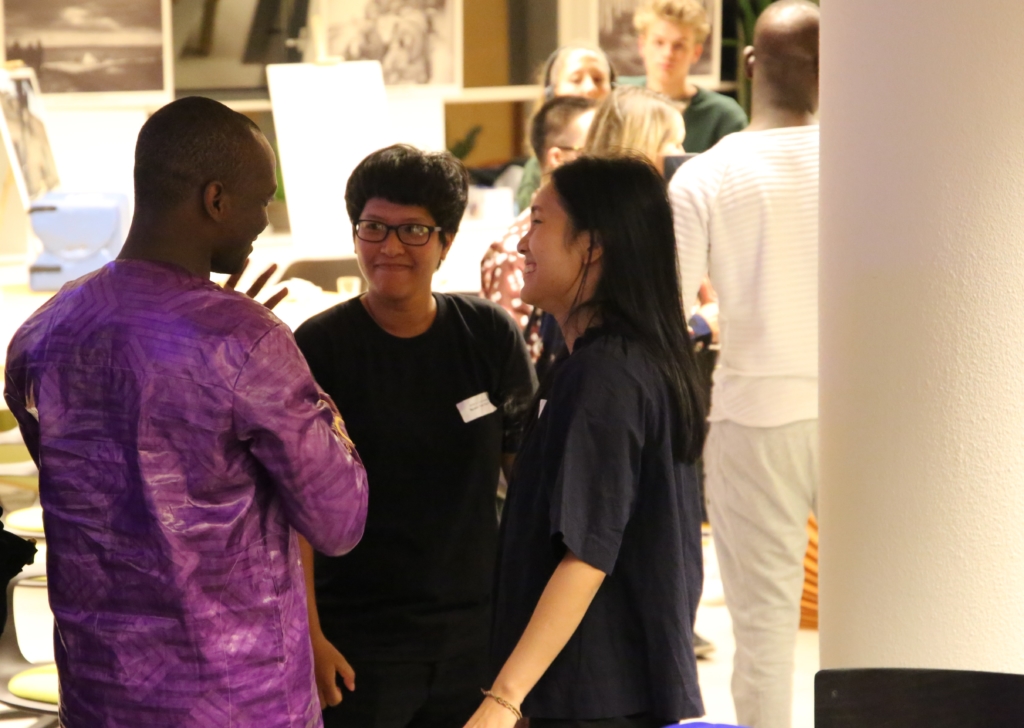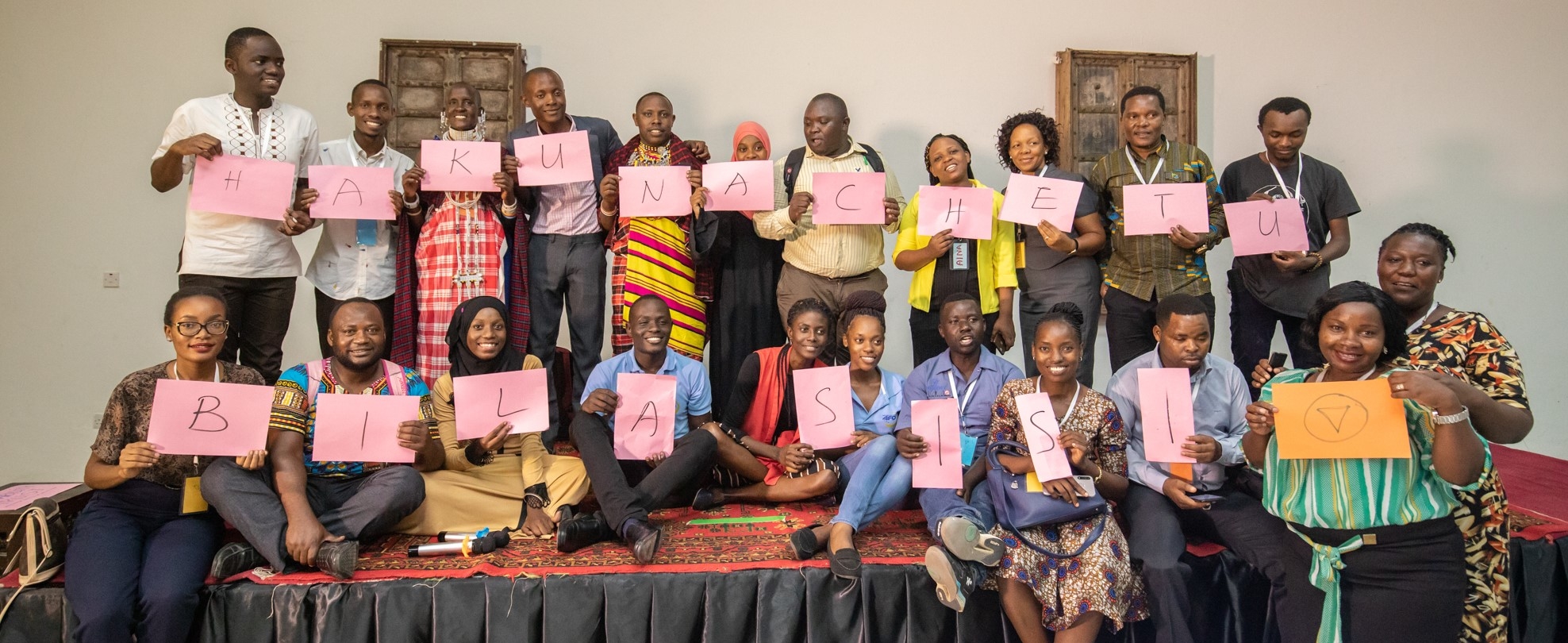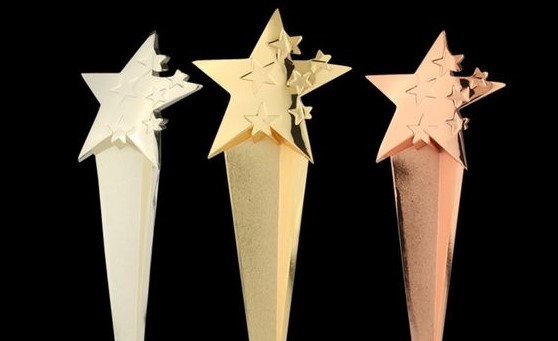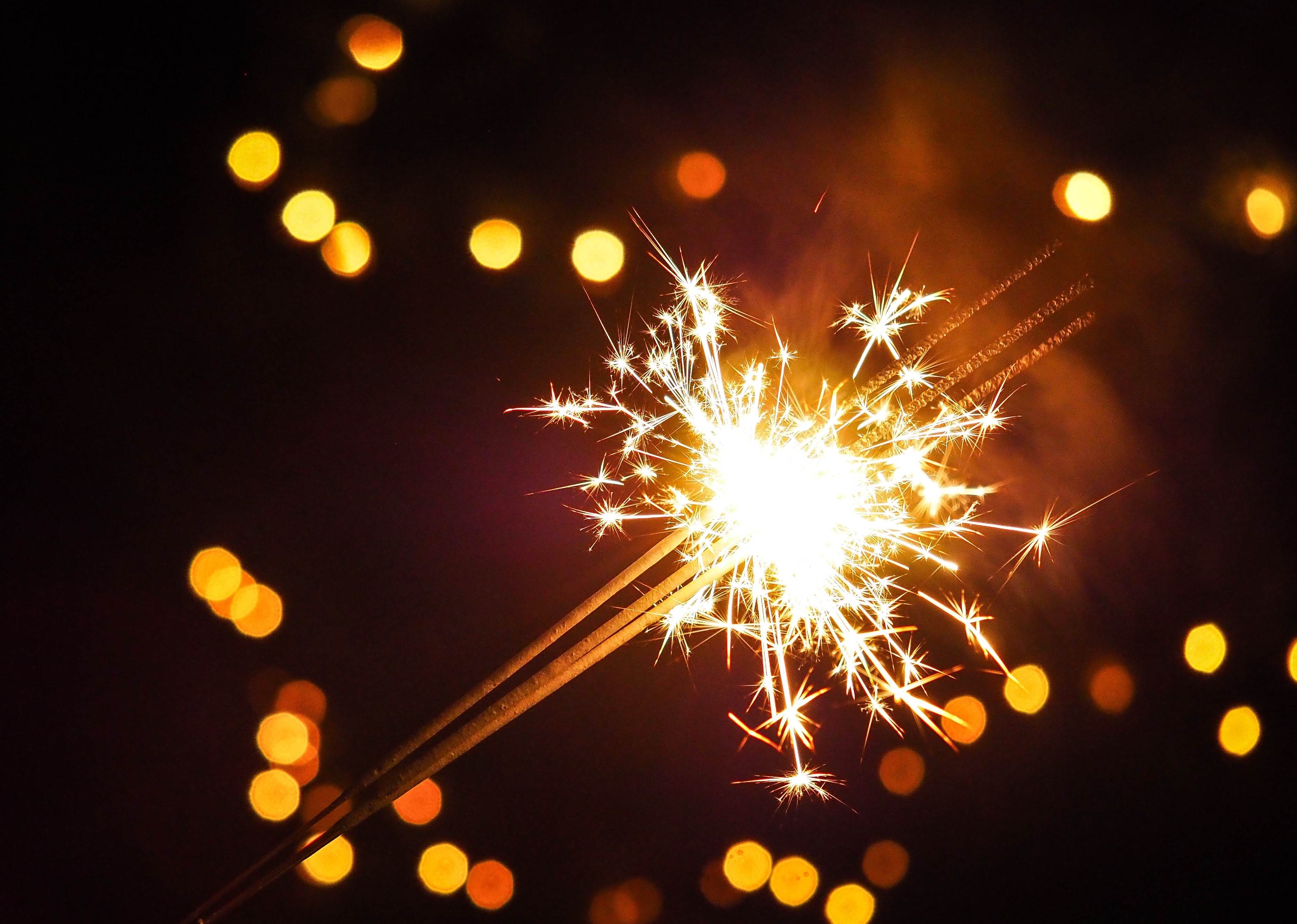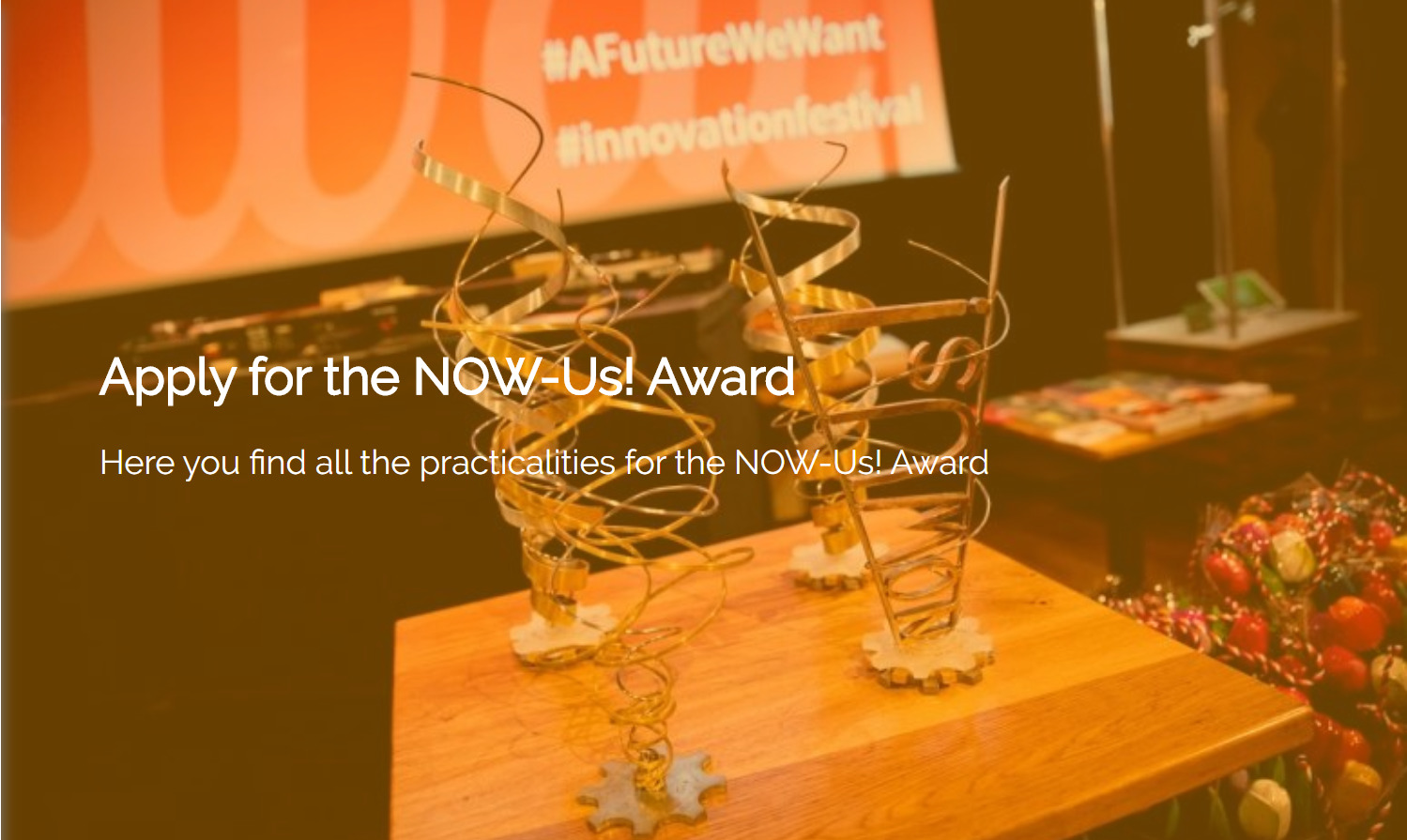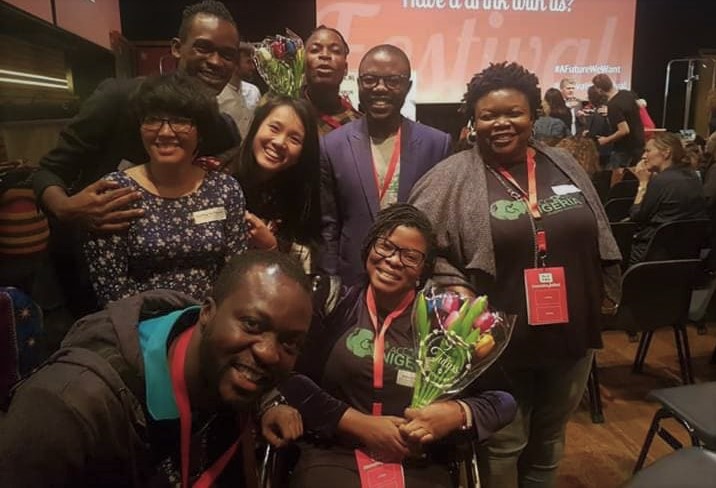Vulnerable yet powerful
Written by: Bart Romijn, Executive Director of Partos, Netherlands, and Chair of the Voice Advisory Board
“Inclusion is about rights and equity, about system change. It requires innovation in which everyone can contribute and benefit”. With these words, Ethiopian human rights activist Yetnebersh Nigussie set the tone at the Partos Innovation Festival, with Inclusion as its main theme. Women took central stage throughout the festival, both in the keynote speeches as well as among the winners of the prizes for the ‘NOW-Us! (NOthing about us, Without Us) and ‘The Best Innovation for development’ awards. What always stood out was the combination of vulnerability yet power the women exuded.
The audience’s feelings swayed constantly between emotion and enthusiasm. What stuck with everyone, however, is their optimistic yet militant attitude. Tiffany Brar, a blind activist from India and one of the nominees for the NOW-Us! Award expressed this powerfully: “Everyone thinks for us and talks about us. And when they talk to us, the message is: you can’t possibly do that. It makes me angry. I’ll prove that I can do it after all.”
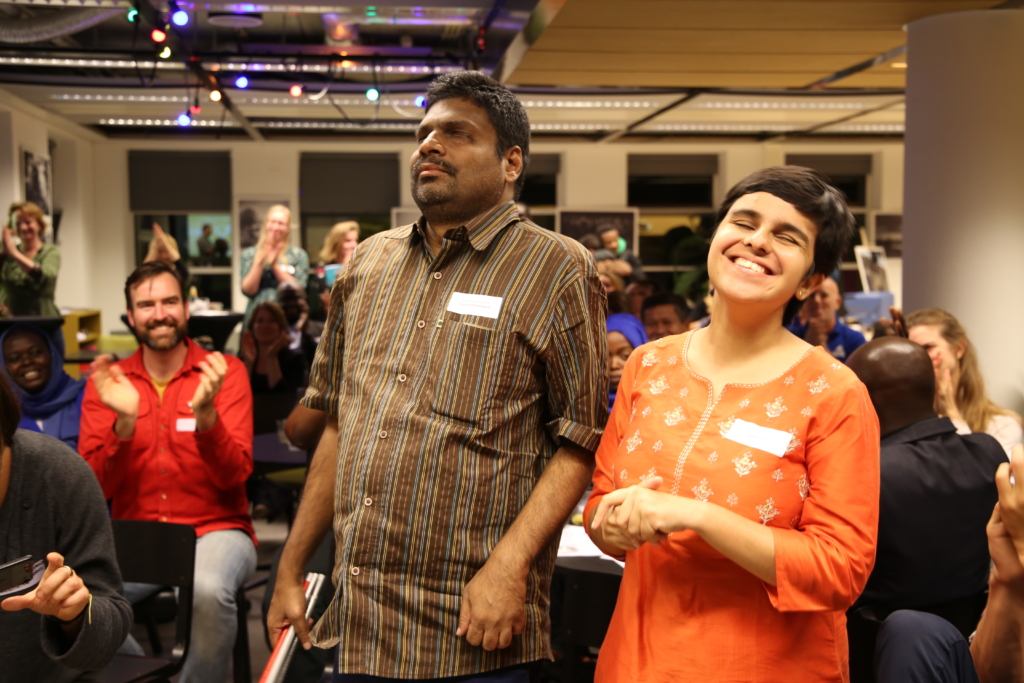
Leave No One Behind is the central call for action enshrined in the Sustainable Development Goals. It touches the core of development cooperation: working together for a better world with a focus on the poorest and most vulnerable groups. One of the principles here is that the target groups are at the forefront and certainly shouldn’t be overruled or undermined. Uncomfortable. After all, you don’t just kick aside old habits, power relations and bureaucratic structures that have shaped us for many years. This is quite an (un-)learning challenge.
Another learning challenge lies in the target group approach. We often talk about the poorest, or about specific ‘target groups’, such as people with a disability or people who are discriminated against because of their gender identity, age, ethnic background or other stigmas. This lens almost always turns out to be too narrow. It often concerns compounded elements; or intersectionality as the appropriate term is. And we are not talking about small numbers here. Take for example An Untapped Potential -just released by the Dutch Coalition on Disability and Development; describing how disability inclusive (or not) the Dutch development sector is. Approximately 840 million people (15% of the world’s population) live with a disability. More than three quarters of these people live below the poverty line; that is more than 670 million people! And this is only about the intersections of disability and poverty…

Presenter of the NOW-Us! 2019 Awards moments before the crowning moments 
Winners of the NOW-Us! Awards 2019 on stage 
NOW-Us! Award 2019 nominee having a conversation with the NOW-Us! Awards 2018 winners
In short, a broad approach is needed, completely from the perspective of the (groups of) people themselves. Consider being vulnerable, adopt a more serving role and focus on the group’s own resilience and power for change, embedded in an integrated vision with an overarching inspiring perspective. Marina Diboma, the host at the Festival, gave an example of such a perspective: “An inclusive society is a stable one, because if everyone counts and contributes, then everyone will also make an effort to hold on to it”. A beautiful thought that appeals to the desire and collective power of change of many. This world as imagined by Marina manifested itself at the Festival -a small microcosm. In fact, it was a successful, one-day innovation lab for inclusion. Many sparks were ignited and I’m sure the flame will catch on! It’s like the desert and the oasis. You want to stop desertification, but the oasis contains the attraction and the most promising entry points. Think big, start small and do it together!
*This is a translation of the blog that was originally posted here.

